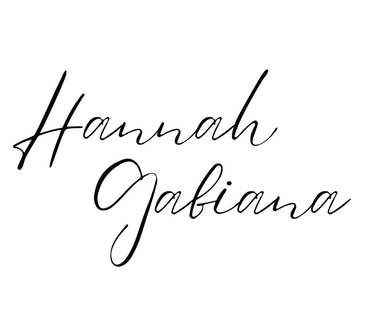Why Your Soul Needs Slow Mornings (And No, You Don't Have to Leave the House)
Discover the psychological benefits of unhurried mornings, learn to recognize and resist "leisure anxiety," and find permission to enjoy home-based rejuvenation without the guilt that often accompanies it. Drawing from both personal experience and psychological research, the post offers a refreshing perspective on redefining what constitutes a meaningful day off in a world obsessed with visible productivity and constant motion. Perfect for overwhelmed professionals, mindfulness seekers, and anyone feeling the pressure to turn even their leisure time into a performance.
3/30/20252 min read
It's Saturday morning. Your alarm isn't set. The calendar is blissfully empty. And yet, by 10 AM, there's this nagging voice in your head: "Shouldn't you be doing something?"
I've been there more times than I can count, scrolling through Instagram stories of friends hiking at dawn or brunching at that new spot downtown, while I'm still in pajamas contemplating a second cup of coffee. The guilt creeps in. And suddenly, my beautiful free day feels like evidence that my life lacks excitement.
The Unspoken Pressure of Productive Leisure
The digital age has fragmented our free time into 'time confetti,' leading to a pressure to optimize and document leisure online. Research suggests this performative approach on social media can decrease satisfaction with relaxation by 37%, highlighting a paradox where sharing leisure diminishes its benefits.
I wanted to get out and go to a beach or a mountain somewhere, but had to learn that some of my most restorative days are the ones where I barely leave my apartment. The agony of planning your route, what to eat, what to bring, and how to make my toddler comfortable made the supposed "restorative" trip stressful.
The Home-Based Reset is All You Need
Here's what I've discovered about slow mornings at home:
They're not what's left when you have nothing better to do—they're the thing you should be deliberately choosing. I became more present in the moment.
I enjoy my mornings more, I find myself consistently waking up at the same hour every day with enough quiet time for myself to enjoy my morning coffee. My son wakes up to a freshly cooked breakfast, and we just let the morning melt into our unhurried afternoon together.
Who knew that guarding my days off would make my parenting life easier? No plans before noon. Ever. Well, only for special occasions.
When I allow myself to desire unhurried mornings, my constantly racing thoughts slow down with it. I gain more clarity in making the right decisions, creative ideas that have been stuck suddenly untangle themselves, and problems that seemed overwhelming, sized themselves back to manageable proportions.
What Actually Happens When You Stay Home
The delicious paradox of an unscheduled day at home is that it often ends up more fulfilling than the carefully planned alternatives:
That book that's been sitting on your nightstand for months? You might finish it.
The recipe that seemed too complicated for a weeknight? Today it's a pleasure, not a chore.
That creative project you've been meaning to start? The uninterrupted hours at home are its perfect incubator.
Last month, during what began as "just a lazy Sunday," I ended up drafting the outline for what became my most successful presentation at work. The ideas had been percolating for weeks, but they needed the mental spaciousness that only comes when I'm padding around in slippers, letting my thoughts wander.
The Resistance is Real (But Worth It)
Of course, embracing the slow home day isn't always easy. We're fighting against:
A culture that equates busyness with importance
Social media that rewards visible adventures over invisible restoration
Our own internalized belief that worth is tied to activity
But here's the truth I keep coming back to: The quality of my work, relationships, and creative thinking is directly proportional to how many unscheduled, unhurried days I give myself.
So the next time you find yourself with a free day stretching before you, consider this permission to stay exactly where you are. Make another cup of tea. Read another chapter. Stare out the window a little longer.
Your future self—more rested, more creative, and more centered—will thank you for these stolen hours of nothing in particular. And that nothing might just be everything you need.
